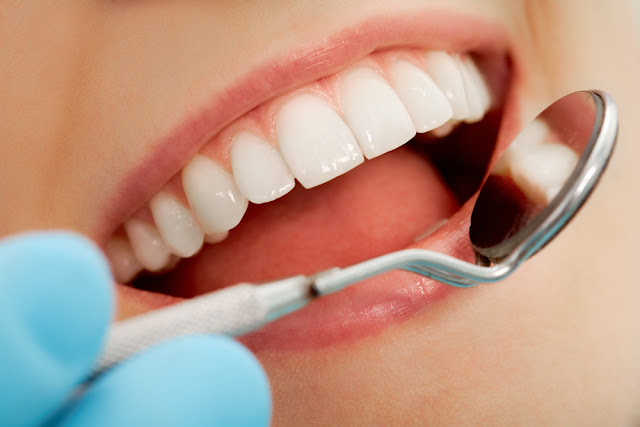Are you one among the many that believe oral cancer
screening is not necessary because it is unlikely to affect you? You are indeed
committing a grave error, especially if you are male, over 40 years of age, are
using tobacco and alcohol excessively, are exposed to harsh sunlight for
extended periods, and are affected by human papillomavirus (HPV). You could be
susceptible to oral cancer even if you are leading a healthy life without
exposure to any risk factors mentioned above.
The importance of oral cancer screenings cannot be disputed
because when it is detected, early oral cancer can be successfully treated. You
shouldn’t be concerned about visiting an oncologist to have yourself checked
for mouth cancer. During your regular six-monthly dental visits, your dentist
will be performing oral cancer screening along with any other treatment that
you may be needing. The dentist will perform the screening discreetly without
even making you aware of it. The charges for the screening will not be added to
your visit because dentists are performing the screening as a complementary
gesture.
When your dentist performs oral cancer screening, he or she
will be looking for the following symptoms:
· Bleeding spots in your mouth that are not
healing
· A hard spot or lump in your mouth
· White or red patches in your mouth
· Pain or numbness when you bite down
If you are displaying any of the symptoms mentioned, your
dentist will either request you to visit for another examination in a few days
or weeks. If your condition has worsened, the dentist may decide to perform a
biopsy for further evaluation. If the biopsy delivers positive results, you
will be provided the treatment necessary at an early stage.
Undergoing screening for oral cancer shouldn’t be scaring
you because it is just a preventive measure to ensure you are not being saddled
with a concerning problem. The best way to prevent oral cancer is to have
regular screenings performed during dental checkups. Your dentist does not have
the expertise to diagnose your condition but can certainly ask for help from
the experts to determine whether you are at risk for oral cancer by forwarding
samples in the form of tissues or biopsies that may be conducted.
Dentists at Pleasure Dental also perform oral cancer
screenings on their patients during regular dental checkups. The professionals
will not be announcing the screening but will perform it discreetly, as
mentioned earlier, and only keep you informed about your oral and overall health
at the end of the dental checkup. This, in no way, reduces the importance of
oral cancer screening, which would have been performed by the dentist as a
routine requirement.

Comments
Post a Comment